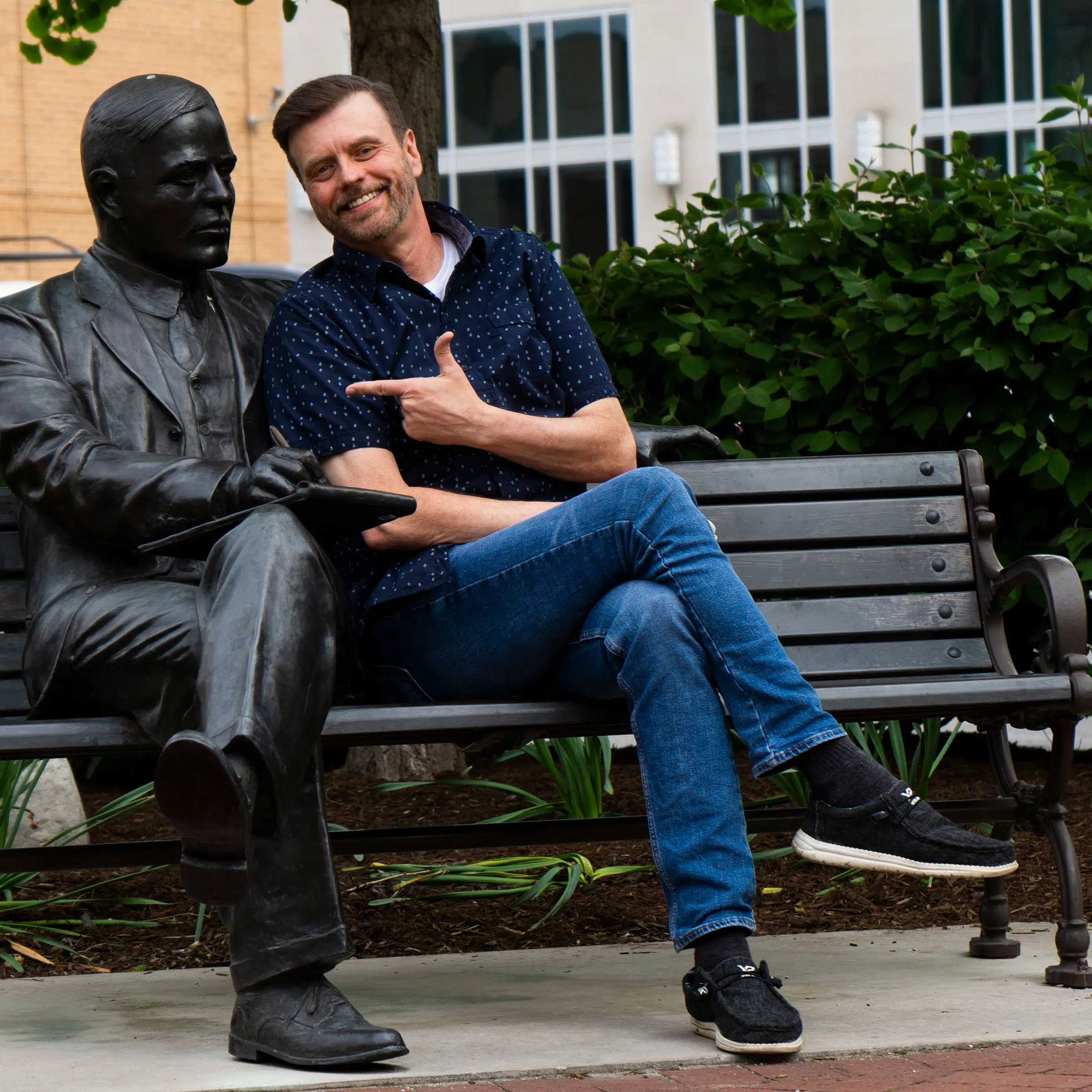GEORGETOWN, Guyana (Reuters) -Guyanese voters will head to the polls on Monday to choose members of parliament and a president who will determine how riches from the South American country’s hydrocarbon boom will be spent.
The country of 800,000 people has earned some $7.5 billion in revenue from oil sales and royalties since ExxonMobil started pumping offshore oil in late 2019, making Guyana one of the world’s fastest-growing economies.
President Irfaan Ali, in office since 2020, is seeking re-election at the helm of the People’s Progressive Party (PPP). His government has funneled oil revenues into building roads, schools and hospitals and made study at the state university free.
“The PPP has been investing in education and skills throughout Guyana,” said Tanya Mohabir, a 30-year-old meteorologist, citing 20,000 scholarships for online degrees and certificates funded by the government.
But opposition groups have said oil earnings disproportionately favor well-connected groups in a country where political loyalties have long been split largely along ethnic lines, between Indo-Guyanese and Afro-Guyanese communities. The PPP denies the allegation.
Three of the five parties challenging the PPP have also pledged to renegotiate the country’s contract with Exxon.
Some hope to leverage Monday’s vote to deny Ali’s party a majority in parliament, which it currently controls by a single seat, and force it to seek opposition support for its legislation.
Adding uncertainty to the race is the new We Invest in Nationhood (WIN) party, led by popular businessman Azruddin Mohamed, who was sanctioned by the U.S. last year over allegations that he and his father Nazar Mohamed defrauded the Guyanese government of tax revenue and bribed public officials. They deny any wrongdoing.
The younger Mohamed’s party has published a manifesto calling for fairer access to housing and opportunities for everyone, not a privileged few. He has attracted grassroots support, particularly among voters seeking an alternative to establishment parties.
“One of my expectations is for WIN to improve the justice system, the health facilities, and human services,” said WIN supporter Carlton Hazelwood, 27. He added that welfare programs run by the government are not reaching people who need them.
Voting at some 2,800 polling places will begin at 6 a.m. (noon GMT) and close at 6 p.m.
Guyana’s 2020 election was marred by a five-month standoff over vote counting. This time, the elections commission plans to deliver results by Wednesday.
(Reporting by Kemol King; Editing by Julia Symmes Cobb and Edmund Klamann)





Comments